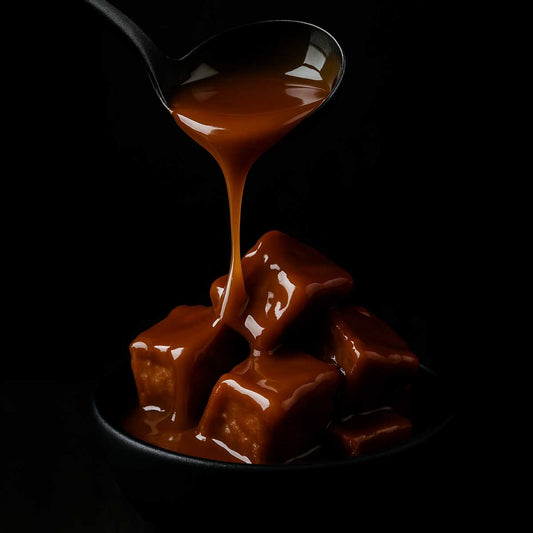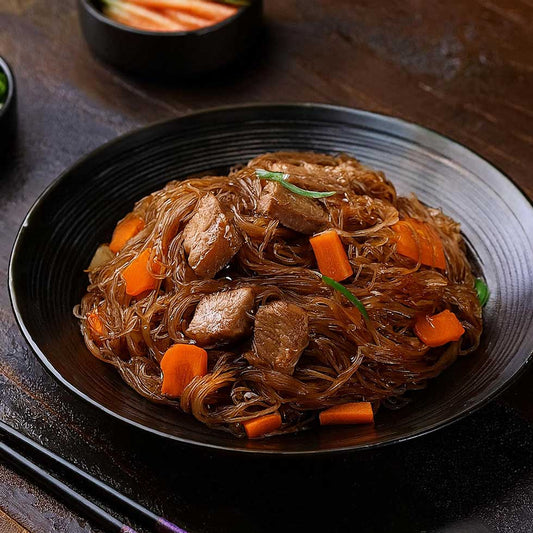Relieving The Symptoms When Quitting Caffeine

Quitting coffee can be painful, especially if you go cold turkey (which we don’t recommend). Instead relieving withdrawal symptoms can be manageable.
Painkillers
Over-the-counter pain relievers can help reduce a few of the symptoms of caffeine withdrawal. Because it does a good job eliminating muscle pain, ibuprofen might be the best.
Magnesium and Calcium
Caffeine can hinder the body’s absorption of certain minerals. Research has revealed that both calcium and magnesium can be excreted after ingesting caffeine. Supplementing magnesium with cacao (nature’s highest source of magnesium) can bring some relief. Calcium also needs to be absorbed effectively, so find a supplement that can combine the two. Again, cacao packs more calcium than cows milk and is a natural solution.
Ginseng
Some report that taking ginseng at the beginning of the withdrawal process can help minimise the headaches connected with the withdrawal along with the sleepiness. Simply ensure you gradually step down your dose so you do not just replace one chemical dependance for another.
B Vitamins
If you’ve been under stress and are experiencing stress and anxiety or depression, then a high dose vitamin B complex might help. Research studies have shown a ‘decrease in confusion and depressed/ dejected mood’ after 3 months of supplementation. Other research study shows improvement in stress and anxiety and energy24. It’s essential to get a full vitamin B complex (B6, B12, niacin, thiamin, and pantothenic acid) rather than depending on a multi- vitamin.
Vitamin C
High dosages of vitamin C have been medically proven to help those going through opiate withdrawal by reducing withdrawal symptoms and enhancing endorphin levels. It is thought to also assist those going through caffeine withdrawal. In the research study , the dosage was 300 mg per kg of body weight.
For that reason, a 65 kilo (143 pound) man or female would need to take 19,500 mg each day.
Caffeine-Free Nootropics
Nootropics, which are supplements that promote brain health and function, can assist people feel more alert and productive during the withdrawal process. These products contain a mix of herbs, animo acids, vitamins, and minerals that are known to promote a better mood, mental clearness, and natural energy.
And, as if cacao’s magnesium and calcium content isn’t enough, it also contains serotonin (which improves the mood and decreases stress), anandamide (a “bliss” chemical that produces a feeling of euphoria), and theobromine (a mild stimulant sometimes used to treat depression).
Foods That Help with Withdrawal
Consuming healthy produce can help with the withdrawal process. A diet plan rich in fresh vegetables, cacao and fruit can help you feel much better and supports in general better health and vigor.
The vitamins and minerals from the vegetables and fruit will replace the need for taking artificial supplements, and the fiber that they include will assist with the constipation frequently connected with quitting caffeine.
To help you put this into practice, here are some meal concepts which contain a lot of vegetables and fruit:
Breakfast
Oats with cinnamon, wild blueberries, cacao nibs and honey.
Yogurt, granola, cacao and fresh fruit salad.
Veggie scramble: sautéed sweet mini peppers, onion, yellow squash, mushroom, eggs, topped with avocado.
A hot cup of Koko Samoa, the natural cacao version of Hot Chocolate - more on that later.
Lunch
Combined green leaf salad with sweet mini peppers, cucumber, cherry tomatoes, albacore tuna and balsamic dressing.
Sandwich with natural turkey breast, baby kale, tomato, dill pickle, and mayo on entire grain bread.
Dinner
Stir fry with snow peas, carrots, bok choy, fresh grated ginger, and soy sauce served over brown rice.
Vegetable primavera pasta: Sauté some onion, broccoli, zucchini, and green bell pepper. Include pasta sauce of your option and serve over a serving of entire grain pasta.
Psychological Aspects to Consider
Some of the withdrawal from caffeine can be mental. Still beginning the day with a hot drink can reduce some of the effects that could be more mental in nature. Here are some suggestions:.
Natural teas such as peppermint and cacao husk tea.
Coffee substitutes such as The Koko Samoa’s Cacao Husk Tea can be reassuring, but without the big caffeine dose.
It’s worth repeating that drinking a lot of water is important. Staying well-hydrated helps with feeling more energetic and assists your body function efficiently.
Always seek the advice of your physician or other qualified health provider with any questions you may have regarding a medical condition. Never disregard professional medical advice or delay in seeking it because of something you have read on this website. For professional dietary advice you should always consult a Registered Dietitian (RD), and for diagnosis of a health condition you must see your physician.


















1 comment
Thank you for this article and providing a healthy easy to follow menu to help my journey on being a better less dependent on coffee self.